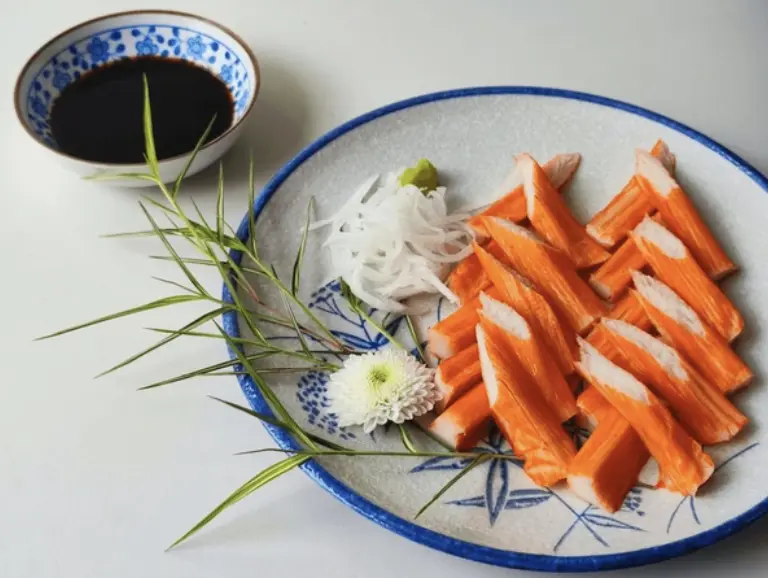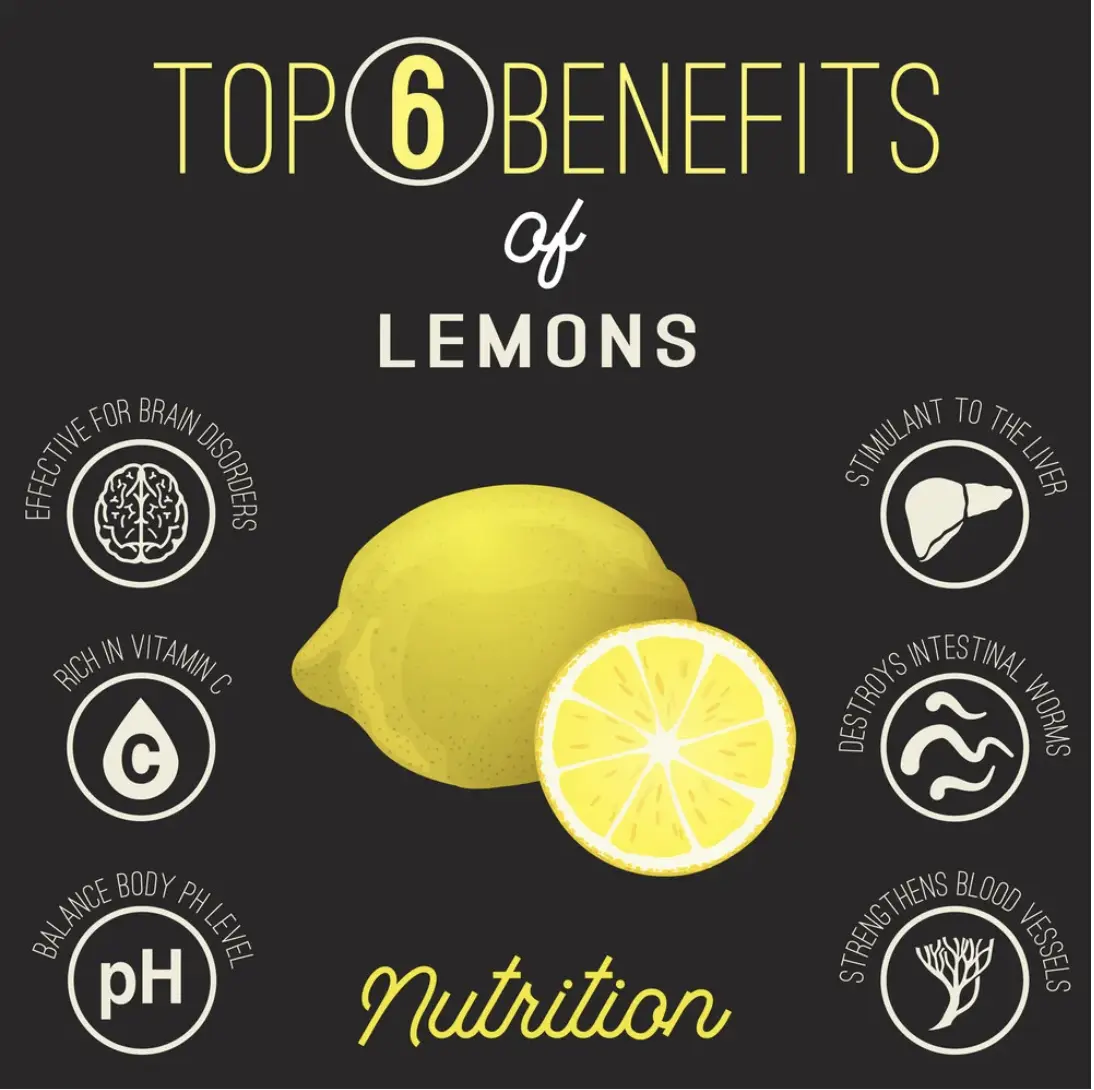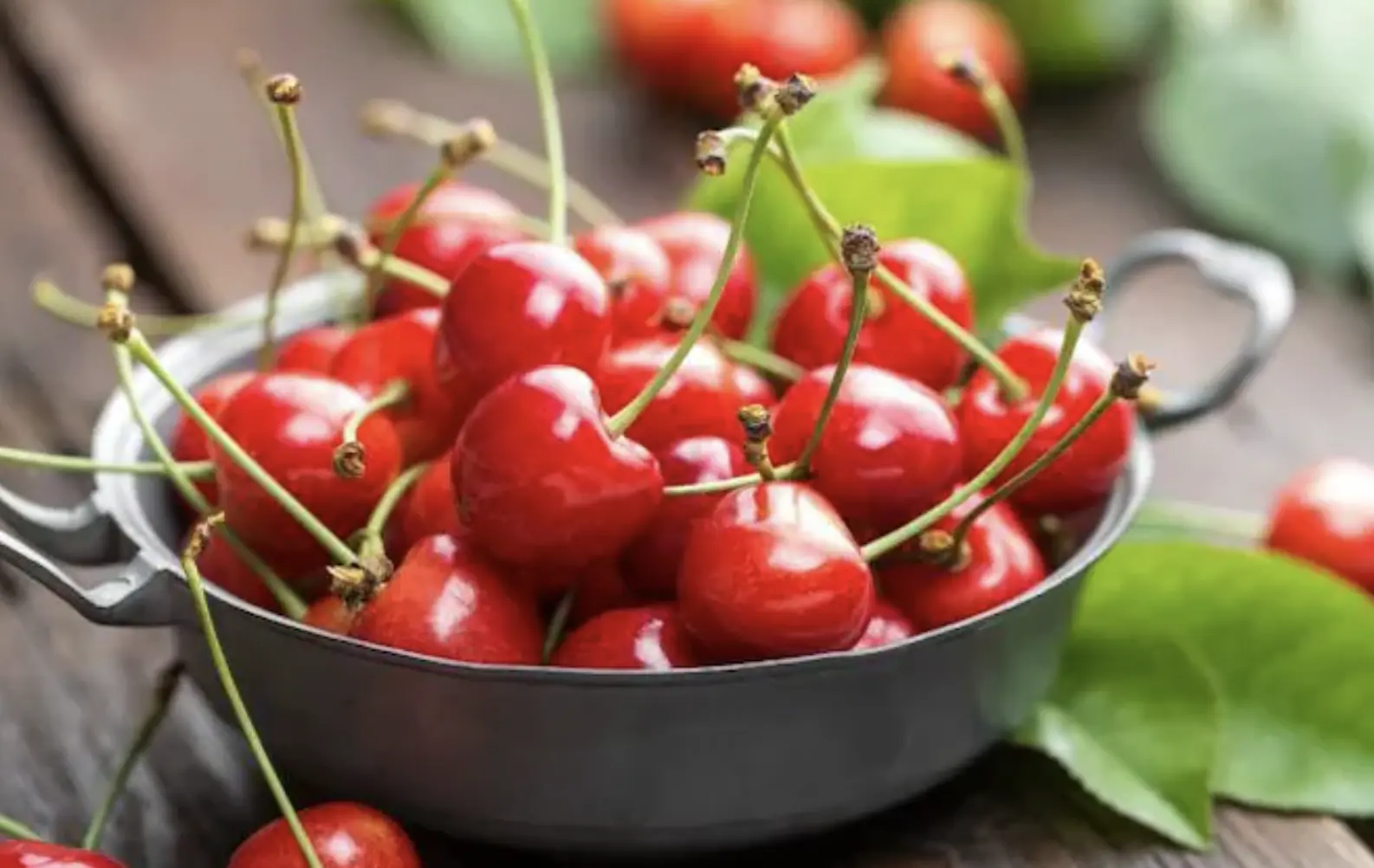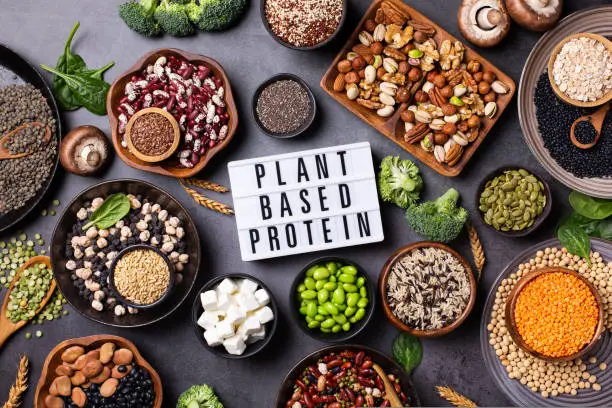Unlock the Power of Plant-Based Proteins: Top Meatless Options for Vegetarians and Flexitarians
As more people shift towards healthier and more sustainable eating habits, plant-based proteins are becoming a cornerstone of modern diets. Whether you’re a dedicated vegetarian, a curious flexitarian, or simply looking to reduce your meat consumption, the world of plant-based proteins offers a wealth of nutritious and delicious options. Let’s explore the power of plant-based proteins and discover top meatless choices that will invigorate your meals and support your wellness journey.

Why Choose Plant-Based Proteins?
Plant-based proteins are not only packed with essential nutrients but also come with a host of benefits for your health and the planet. Here are some compelling reasons to incorporate more plant-based proteins into your diet:
- Nutrient-Dense: Plant-based proteins are rich in vitamins, minerals, and antioxidants that support overall health.
- Heart Health: Diets high in plant-based proteins are linked to lower cholesterol levels and a reduced risk of heart disease.
- Weight Management: Plant proteins can help you feel fuller longer, aiding in weight control and reducing overeating.
- Environmental Impact: Producing plant-based proteins generally requires fewer resources and generates less greenhouse gas emissions compared to animal proteins.
- Versatility: Plant-based proteins can be used in a wide variety of dishes, making meal planning exciting and diverse.
Top Plant-Based Protein Sources
1. Legumes and Pulses
Beans, lentils, chickpeas, and peas are powerhouse proteins that are versatile and affordable. They can be used in soups, stews, salads, and even baked goods. For example:
- Chickpeas: Perfect for making hummus, falafel, or adding to salads.
- Lentils: Great in soups, curries, and veggie burgers.
- Black Beans: Ideal for tacos, burritos, and protein-packed salads.
2. Nuts and Seeds
Nuts and seeds are not only high in protein but also provide healthy fats and fiber. They can be eaten raw, roasted, or incorporated into recipes. Some popular choices include:
- Almonds: A great snack or addition to salads and baked goods.
- Chia Seeds: Perfect for smoothies, puddings, and as an egg substitute in baking.
- Hemp Seeds: Excellent in smoothies, oatmeal, and sprinkled on salads.
3. Whole Grains
Whole grains like quinoa, farro, and bulgur are excellent sources of protein and fiber. They make great bases for salads, bowls, and side dishes. For instance:
- Quinoa: A complete protein that works well in salads, bowls, and as a rice substitute.
- Farro: Adds a chewy texture and nutty flavor to salads and soups.
- Oats: Ideal for breakfast in oatmeal, overnight oats, or added to baked goods.
4. Tofu and Tempeh
Made from soybeans, tofu and tempeh are versatile protein sources that can absorb flavors well. They can be grilled, sautéed, or added to soups and stir-fries.
- Tofu: Available in various textures, it’s great for scrambling, grilling, or blending into smoothies.
- Tempeh: Fermented and packed with probiotics, it has a firm texture and is perfect for stir-fries and sandwiches.
5. Plant-Based Protein Powders
For those looking to boost their protein intake quickly, plant-based protein powders made from peas, hemp, rice, or a blend of sources are convenient options. They can be added to smoothies, oatmeal, or baked goods for an extra protein punch.
Tips for Incorporating Plant-Based Proteins into Your Diet
- Plan Balanced Meals: Ensure each meal contains a variety of plant-based proteins, healthy fats, and complex carbohydrates.
- Experiment with Recipes: Try new recipes and cuisines to keep your meals exciting and flavorful.
- Start Small: Gradually introduce more plant-based proteins into your diet to allow your body to adjust.
- Combine Proteins: Mix different plant-based proteins to create complete protein profiles in your meals.
Conclusion
Embracing the power of plant-based proteins opens up a world of delicious, nutritious, and environmentally friendly eating. By incorporating these top meatless options into your diet, you can support your health, enjoy diverse flavors, and make a positive impact on the planet. Whether you’re a vegetarian, flexitarian, or simply curious, now is the perfect time to unlock the benefits of plant-based proteins and transform your meals.
For more tips, recipes, and insights on maintaining a balanced diet and living a healthy lifestyle, please revisit our site regularly. We are committed to providing you with the latest and most valuable content to support your health goals.








3 thoughts on “Unlock the Power of Plant-Based Proteins: Top Meatless Options for Vegetarians and Flexitarians”